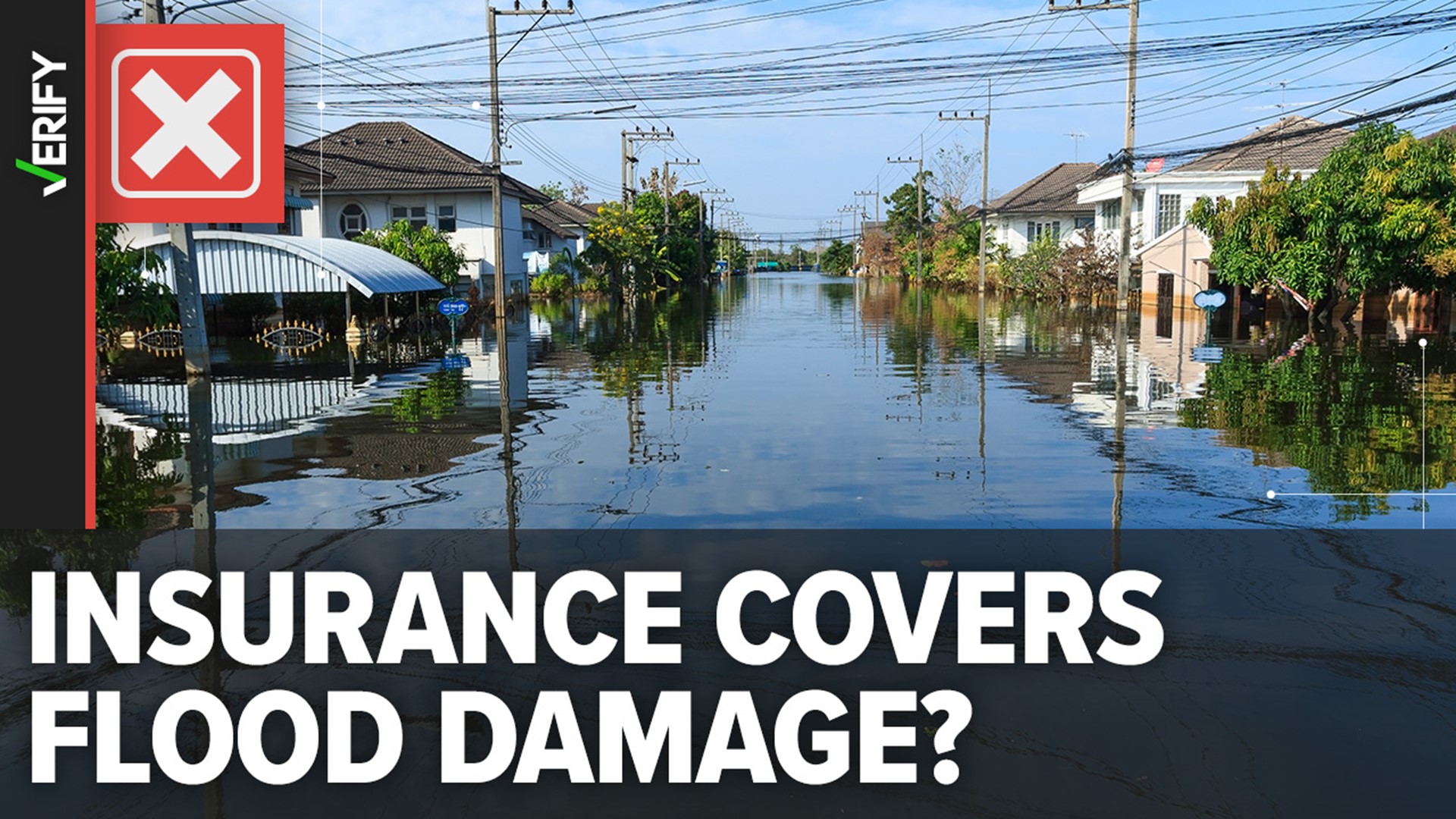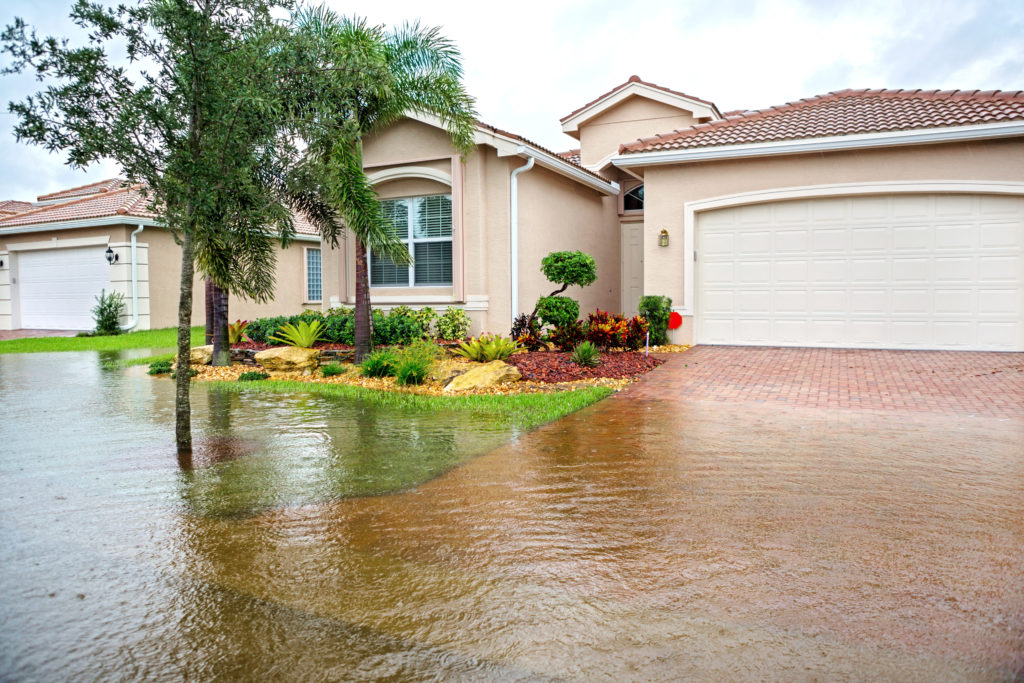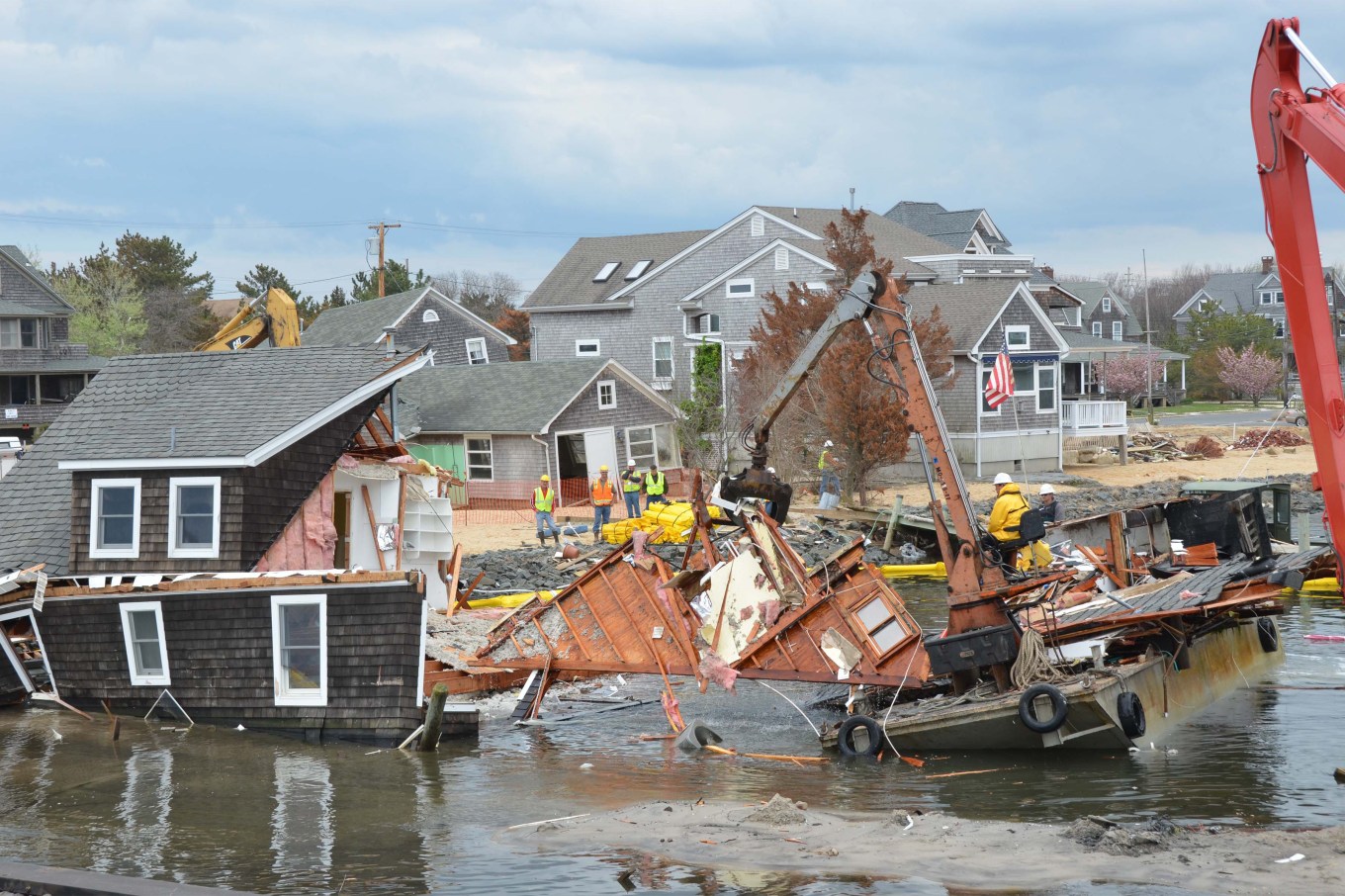
Home insurance is an essential protection for homeowners to safeguard their property and belongings against unforeseen events. While it covers various perils, it's crucial to understand if flood damage is included in the standard policy. This article aims to clarify the coverage and limitations of home insurance for flood damage and explores additional flood insurance options. By assessing flood risk and obtaining appropriate coverage, homeowners can ensure they are adequately protected in the event of a flood.
Overview of home insurance coverage
Home insurance provides financial protection for homeowners against various perils, such as fire, theft, and vandalism. It typically covers the structure of the home, personal belongings, and liability for injuries or property damage to others. Additionally, home insurance may offer coverage for additional living expenses if the home becomes uninhabitable due to a covered event. However, it's important to review the specific policy details to understand the extent of coverage and any limitations or exclusions.
Understanding Flood Damage
Flood damage refers to the destruction caused by water that overflows or accumulates in an area. This can occur due to heavy rain, melting snow, or a natural disaster such as a hurricane or tsunami. Flood damage can result in significant property damage, including structural damage, as well as damage to personal belongings. It is important for homeowners to understand the risks and potential consequences of flood damage in order to obtain appropriate insurance coverage.
What constitutes flood damage?

Flood damage refers to the destruction caused by water that overflows or accumulates in an area. This can occur due to heavy rain, melting snow, or a natural disaster such as a hurricane or tsunami. It can result in significant property damage, including structural damage, as well as damage to personal belongings. Understanding the specifics of flood damage is crucial in order to assess your insurance needs accurately.
Different types of flooding events

Different types of flooding events can occur, each with their own causes and characteristics. Some common types of flooding include:
- River flooding: When a river overflows its banks due to heavy rain or rapid snowmelt.
- Coastal flooding: Occurs when storm surges or high tides result in water overflowing onto coastal areas.
- Flash flooding: Rapid and intense flooding that usually happens after heavy rainfall, often in urban areas with inadequate drainage systems.
- Groundwater flooding: Happens when the water table rises and seeps into buildings through basements or foundations.
Understanding these different types of flooding events is essential for assessing flood risk and determining the appropriate insurance coverage needed.
Does Home Insurance Cover Flood Damage?

Home insurance typically does not cover flood damage. Most standard home insurance policies specifically exclude flood damage from their coverage. This means that if your home is damaged by floodwaters, you will likely not be able to rely on your home insurance to cover the repairs and losses. It is important to purchase separate flood insurance to protect your home and belongings from flood damage.
Explanation of standard home insurance coverage
Standard home insurance typically provides coverage for damage caused by events such as fire, theft, vandalism, and certain natural disasters like windstorms. However, it specifically excludes coverage for flood damage. This means that if your home is damaged due to flooding, whether it's from heavy rain, rising rivers, or a burst pipe, your standard home insurance policy will not cover the repairs and losses. It's important to have separate flood insurance to protect your home and belongings in case of a flood event.
Limitations and exclusions regarding flood damage
When it comes to standard home insurance coverage, there are limitations and exclusions regarding flood damage. Most policies specifically exclude coverage for damage caused by floods. This means that if your home is damaged due to a flood, you will not be covered for the repairs and losses. To protect your home and belongings from flood damage, it is important to have separate flood insurance in place.
Additional Flood Insurance Options
There are additional options available to protect your home from flood damage. One option is the National Flood Insurance Program (NFIP), which offers flood insurance through participating insurance companies. Another option is private flood insurance policies, which are offered by select insurance companies. These additional flood insurance options can provide coverage for flood-related damages that are not covered by standard home insurance policies.
National Flood Insurance Program (NFIP)
The National Flood Insurance Program (NFIP) is a government-run program that offers flood insurance through participating insurance companies. It provides coverage for flood-related damages to homes and their contents. NFIP policies have limits on the amount of coverage available, and they do not cover certain items such as swimming pools or detached garages. Homeowners can purchase NFIP coverage if their community participates in the program. It is important for homeowners to assess their flood risk and consider obtaining additional flood insurance coverage if necessary.
Private flood insurance policies
Private flood insurance policies are alternative options to the National Flood Insurance Program (NFIP). These policies are offered by private insurance companies and provide coverage for flood damage. Unlike NFIP policies, private flood insurance often offers higher coverage limits and additional benefits. However, the availability and cost of these policies may vary depending on the location and flood risk of the property. Homeowners should consult with insurance professionals to explore private flood insurance options and determine the best coverage for their needs.
Steps to Take for Flood Damage Coverage
When it comes to protecting your property from flood damage, there are certain steps you can take. Here are some important considerations:
- Assessing flood risk for your area: Understand the flood risk in your location by referring to flood zone maps and seeking information from local authorities.
- Obtaining the right coverage: Consult with insurance professionals to explore your options, including the National Flood Insurance Program (NFIP) and private flood insurance policies. Determine the coverage that best suits your needs and budget.
- Read the policy carefully: Carefully review the terms, conditions, and exclusions of your flood insurance policy. Understand the coverage limits, deductibles, and specific provisions.
- Maintain adequate coverage: Regularly review and update your flood insurance coverage as needed, especially if there are changes in your property or flood risk.
By taking these steps, you can ensure that you have the necessary coverage to protect your property from flood damage.
Assessing flood risk for your area
Assessing the flood risk for your area is crucial in determining the level of flood damage coverage you need. Start by referring to flood zone maps and seeking information from local authorities. They can provide valuable insight into the likelihood and severity of flooding in your location. By understanding your area's flood risk, you can make informed decisions about obtaining the right flood insurance coverage.
Obtaining the right coverage
When it comes to obtaining the right coverage for flood damage, there are a few steps you can take. First, assess the flood risk for your area by referring to flood zone maps and consulting local authorities. This will help you determine the level of coverage you need. Then, consider purchasing a separate flood insurance policy, such as through the National Flood Insurance Program (NFIP) or a private insurance provider. By taking these steps, you can ensure that you have the appropriate coverage in place to protect your home from flood-related damages.
Conclusion

In conclusion, it is crucial for homeowners to assess the flood risk in their area and obtain the appropriate coverage to protect their homes from flood damage. Standard home insurance policies typically do not cover flood damage, so additional flood insurance options such as the National Flood Insurance Program (NFIP) or private policies should be considered. By taking these steps, homeowners can ensure they are adequately protected against the financial impact of flood-related damages.
Importance of assessing flood risk and obtaining appropriate coverage
It is crucial for homeowners to assess the flood risk in their area and obtain the appropriate coverage to protect their homes from flood damage. By understanding the potential risks, homeowners can make informed decisions about the level of coverage they need. Neglecting to assess flood risk and obtain adequate coverage can leave homeowners vulnerable to significant financial losses if a flood does occur. Don't let misconceptions about home insurance coverage prevent you from taking the necessary steps to protect your home.
Common misconceptions about home insurance and flood damage coverage

There are common misconceptions about home insurance and flood damage coverage that homeowners should be aware of. Some of these misconceptions include:
- Home insurance covers flood damage: Many homeowners mistakenly believe that their standard home insurance policy covers flood damage. However, most standard policies specifically exclude coverage for floods.
- Flood insurance is unnecessary: Some homeowners believe that because they don't live in a high-risk flood zone, they don't need flood insurance. However, flooding can occur anywhere, and even a few inches of water can cause significant damage.
- Only homeowners in designated flood zones need flood insurance: While homeowners in designated flood zones are required to have flood insurance, it is recommended for all homeowners, regardless of their location. Flooding can happen due to various factors, such as heavy rain, hurricanes, or a burst pipe.
- FEMA assistance is enough: Homeowners may assume that if a flood does occur, they will be able to rely on FEMA assistance. However, FEMA assistance is only available for declared disasters and may not cover all the costs of flood damage.
By understanding these misconceptions and the importance of assessing flood risk and obtaining appropriate coverage, homeowners can protect their homes from the financial impact of flood damage.
